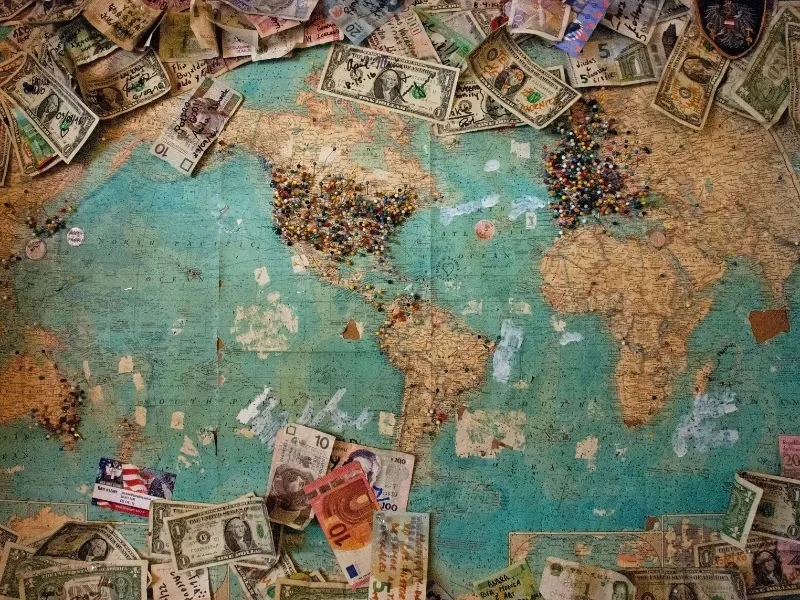- Global connections foster curiosity to learn about, learn with and learn through cultures, languages, people and places within our local and global communities.
- Global connections are increasing due to technological advancements, economic interdependence, cultural exchange and information.
OUR TAKE
Global connections enrich people’s lives, drive innovation, and address global challenges. By fostering inclusivity, collaboration, and mutual respect, we can build a future that is more interconnected, informed, and harmonious for all.
–Jinny Xu, BTW reporter
Global connections are becoming more prominent and influential than ever before. These connections span economic, cultural, technological, and daily life, intertwining our lives in ways previously unimaginable. But why are global connections increasing? Let’s explore the key factors driving this trend and the profound impact it has on our society.
1. Advancements in communication technology
One of the most significant drivers of increasing global connections is the exponential advancement in communication technology. The internet, mobile devices, and social media platforms have revolutionised the way we interact. We can now communicate with anyone, anywhere, at any time. Whether it’s through video calls on Zoom, instant messaging on WhatsApp, or social networking on Facebook, these technologies have bridged geographical gaps, making the world feel smaller and more connected.
Consider a software development team spread across five different countries. Using platforms like Slack for communication, GitHub for version control, and Jira for project management, they can collaborate in real-time, despite the distance. This level of connectivity not only boosts productivity but also fosters a diverse exchange of ideas and expertise.
Also read: AMS-IX: Empowering global internet connectivity
2. Economic interdependence
Economic globalisation has significantly increased global connections. International trade and investment create a web of interdependence among countries. Companies source materials from one country, manufacture in another and sell products worldwide. For instance, a smartphone may be designed in the United States, assembled in China, and contain components from South Korea, Japan, and Germany. This interconnected supply chain highlights the economic interdependence that drives global connections.
Also read: Why Hong Kong isn’t (yet) a top global crypto hub
The apparel industry exemplifies economic interdependence. A single piece of clothing might involve cotton grown in India, fabric woven in Bangladesh, and design finalised in Italy, before being sold in the United States. This global supply chain supports millions of jobs and creates a complex network of economic relationships.
3. Cultural exchange
The proliferation of global media and entertainment has facilitated cultural exchange on an unprecedented scale. Movies, music, television shows, and online content from different cultures are readily accessible worldwide. Streaming platforms like Netflix and Spotify allow us to enjoy diverse content, breaking down cultural barriers and promoting a global cultural exchange. This shared cultural experience fosters understanding and appreciation of different traditions and values.
K-Pop, South Korea’s popular music genre, has taken the world by storm. Bands like EXO and BLACKPINK have massive international followings, influencing fashion, music, and pop culture globally. This cultural phenomenon showcases how media can bridge cultural gaps and create a global community of fans.
4. Travel and tourism
Increased travel and tourism also contribute to global connections. The rise of affordable air travel and improved transportation infrastructure make it easier for people to explore different parts of the world. Tourism not only boosts local economies but also promotes cultural exchange and global awareness. Travelers experience new cultures, cuisines, and lifestyles, fostering a sense of global citizenship.
International festivals like the Rio Carnival in Brazil, Oktoberfest in Germany, and Diwali celebrations in India attract millions of tourists each year. These events provide a platform for cultural exchange, allowing visitors to experience and appreciate different traditions and customs firsthand.

